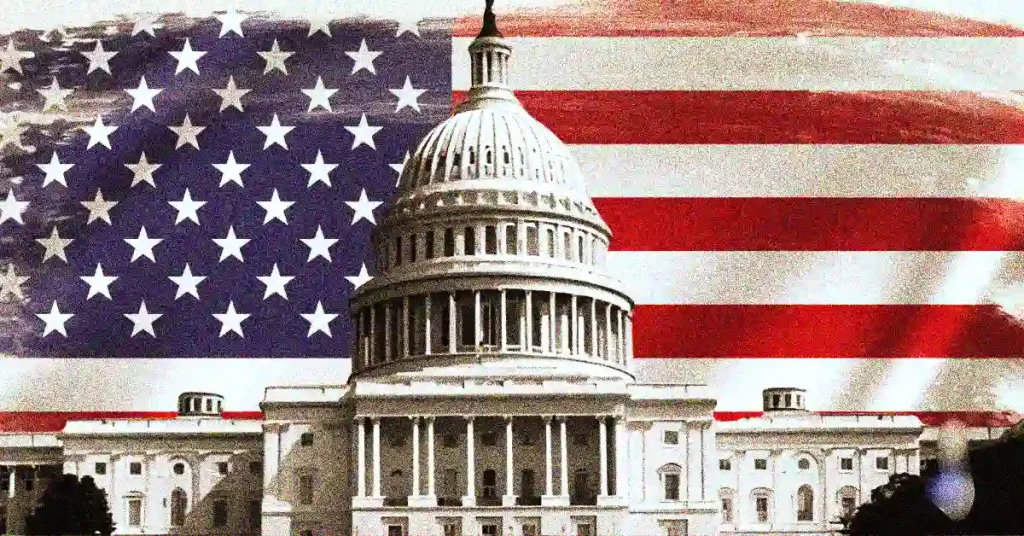Public confidence in the UK has declined across all metrics as households prepare for potentially harsh budget announcements. The GfK consumer confidence index has dipped to -19 from -17 in October, with declines seen in all five categories, from overall economic outlook to spending plans.
Neil Bellamy, GfK’s consumer insights director, has said the confidence outlook is “bleak” ahead of the government’s forthcoming budget. He said, “A fall across all five measures suggests the public is bracing for difficult news, with little in the current climate to lift expectations.”
Brexit has had nearly twice forecast impact on UK economy
Personal and general economic confidence each declined by two points, but the outlook for personal finance is two points higher than it was last November. The general economic outlook for the next year has declined by six points since last November, to -32.
GfK also reported that the major purchase index, which measures confidence in purchasing big-ticket items, fell by three points to -15, cautioning that households might be pulling back just as retailers prepare to enter an important trading season.
A new report from experts, including a senior economist from the Bank of England, finds that Brexit has harmed the UK economy nearly twice as much as official forecasts had predicted. According to research submitted to the Office for Budget Responsibility, the 2016 EU referendum vote has cut UK GDP per person by 6–8%, equivalent to £180–240 billion.
The OBR’s projections indicate that the economic pain will be approximately 4%. The National Bureau of Economic Research (NBER) paper also states that Brexit has reduced productivity by 3–4% while also curbing investment and employment.
Last month at the IMF meetings, Reeves also pointed to Brexit as the main cause of the UK’s economic troubles. At the same IMF gathering, BOE Governor Andrew Bailey made a similar argument, stating that Brexit has exacerbated the UK’s productivity challenges.
Chancellor Reeves is set to present the budget next week
Recently, the OBR informed Chancellor Reeves that the outlook was better than expected, giving her room to reconsider planned income-tax rises that would have contradicted election promises. Still, the chancellor is set for the most critical challenge of her career when she presents the outcome next week.
With as much as £30 billion ($39 billion) still to raise, she’ll have to turn to a series of smaller fiscal tools now that income-tax plans have shifted. She’ll need to reassure bond investors who are growing uncertain about her strategy, stick to the party’s election promises, and keep backbenchers eager for progressive policies onside.
Economists expect Reeves to favor policy measures that preserve fiscal restraint but also introduce targeted relief. Some analysts expect modest support for low-income households or energy efficiency incentives, not broad tax cuts.
Others will expect revisions to corporate taxation or investment allowances designed to improve productivity, one of the UK’s most persistent structural weaknesses. But any major spending commitments could be constrained by the tight fiscal rules Labour has promised to adhere to.
Mathew Lawrence, director of the left-wing think tank Common Wealth, commented on the Chancellor’s situation, “Politically, she is trying to thread a needle through a trilemma. The bond markets, the manifesto, and the pressure to do something on living standards that stops the chronic bleed out of support on the left.”
Sign up to Bybit and start trading with $30,050 in welcome gifts
















 English (US)
English (US)